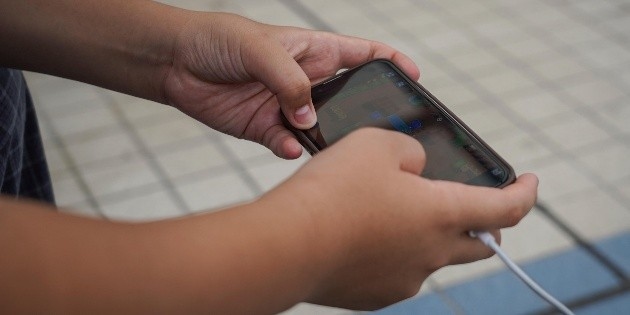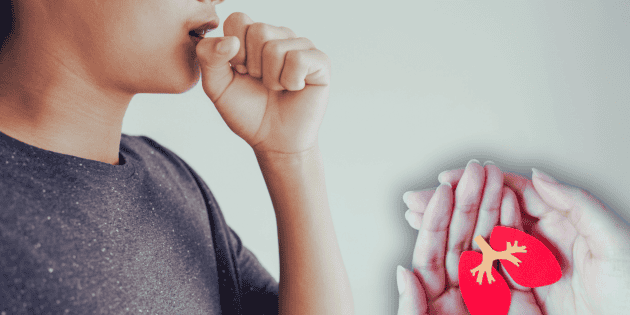Two hours of cell phone time a day? A Japanese city encourages people to rationalize their screen time.

In the city of Toyoake, Japan , a law was passed recommending limiting cell phone use to two hours a day. Although the police won't arrest violators, the mayor is determined to improve the relationship with screens.
During an interview at his town hall, Masafumi Kouki told AFP that for months he has been concerned about "the negative effects of excessive smartphone use, particularly the sharp decline in direct human communication."
"Even on trains, everyone is looking at their phones, no one talks to anyone anymore." , notes the mayor.
"I wanted to create an opportunity for our residents to reflect" on the problem, he notes.
The city council approved this "local ordinance" by a vote of 12 to 7. The measure, which focuses on the proper use of phones, laptops, and tablets, went into effect last week and applies to both adults and children.
In this city on the outskirts of Nagoya, an industrial metropolis in central Japan, The idea is not to impose sanctions in case of non-compliance, but rather to encourage self-regulation.
When the rule was proposed, "opposition was almost unanimous" in the city, but many citizens changed their minds when they learned that the "daily limit" does not include work or study time and that it is a recommendation, the mayor says.
"Interference"This was not enough to convince all of Toyoake's 68,000 residents.
"Nowadays, we do everything—study, entertainment, communication—with a cell phone," says Shutaro Kihara, a 22-year-old law student. He concludes that the regulation is "quite useless or ineffective" for young people.
Councilwoman Mariko Fujie, 50, voted against.
Excessive smartphone use is a social problem that deserves to be addressed, but "I'm very resistant to the idea of regulating people's free time through an ordinance," he told AFP. "It seems like interference!"
High school student Ikka Ito, a video game enthusiast, says he uses his phone between four and five hours a day.
"I started voluntarily reducing my screen time after the announcement" and without any prompting from his parents, he says.
With the goal of improving sleep, among other reasons, the text recommends that elementary school students avoid screens after 9:00 p.m.
High school students and adults are encouraged to turn them off by 10:00 PM at the latest.
Tired citizensSurveys show that Japanese people sleep less than people in other developed countries, partly because of long work days.
Kokuka Hirano, a 59-year-old resident, acknowledges that "he lacks sleep" because of your phone: "I want to research a lot of things I don't understand. I end up watching news from different countries and time slips away."
He wants to limit his use of it so he can dedicate more time to exercise and cooking. But "three or four hours would be more reasonable," he says. "Two hours seems too strict to me."
Studies show that, in addition to interfering with sleep, which can affect mental health, intensive social media use is linked to loneliness, depression, and anxiety.
Mayor Kouki has two sons, ages 10 and 7, who don't have a cell phone, although the older one sometimes borrows his mother's. The family now strictly avoids screens during meals.
*Stay up to date with the news, join our WhatsApp channel
Read also: Halloween 2025: How to Make Images in ChatGPT for PrintingOF
informador





